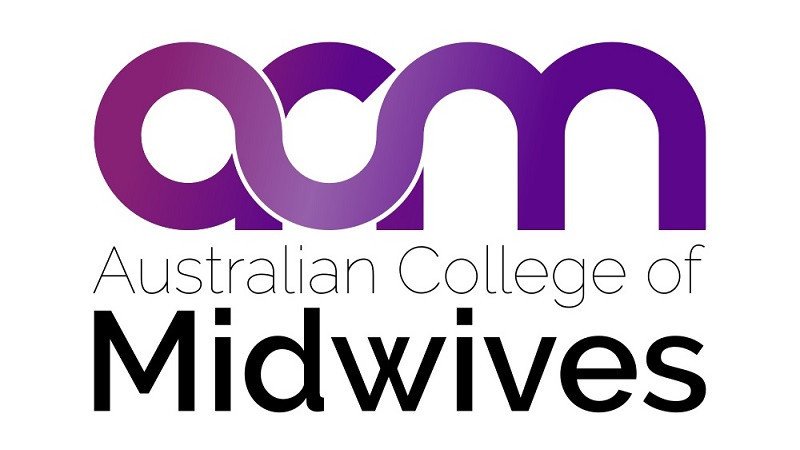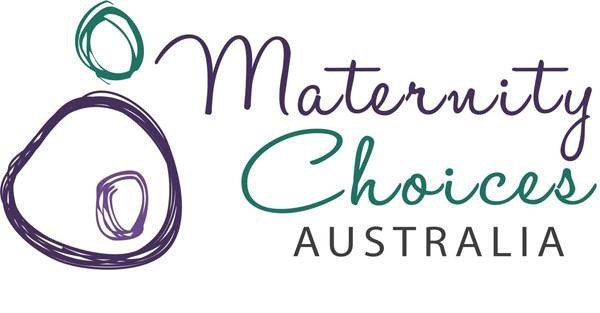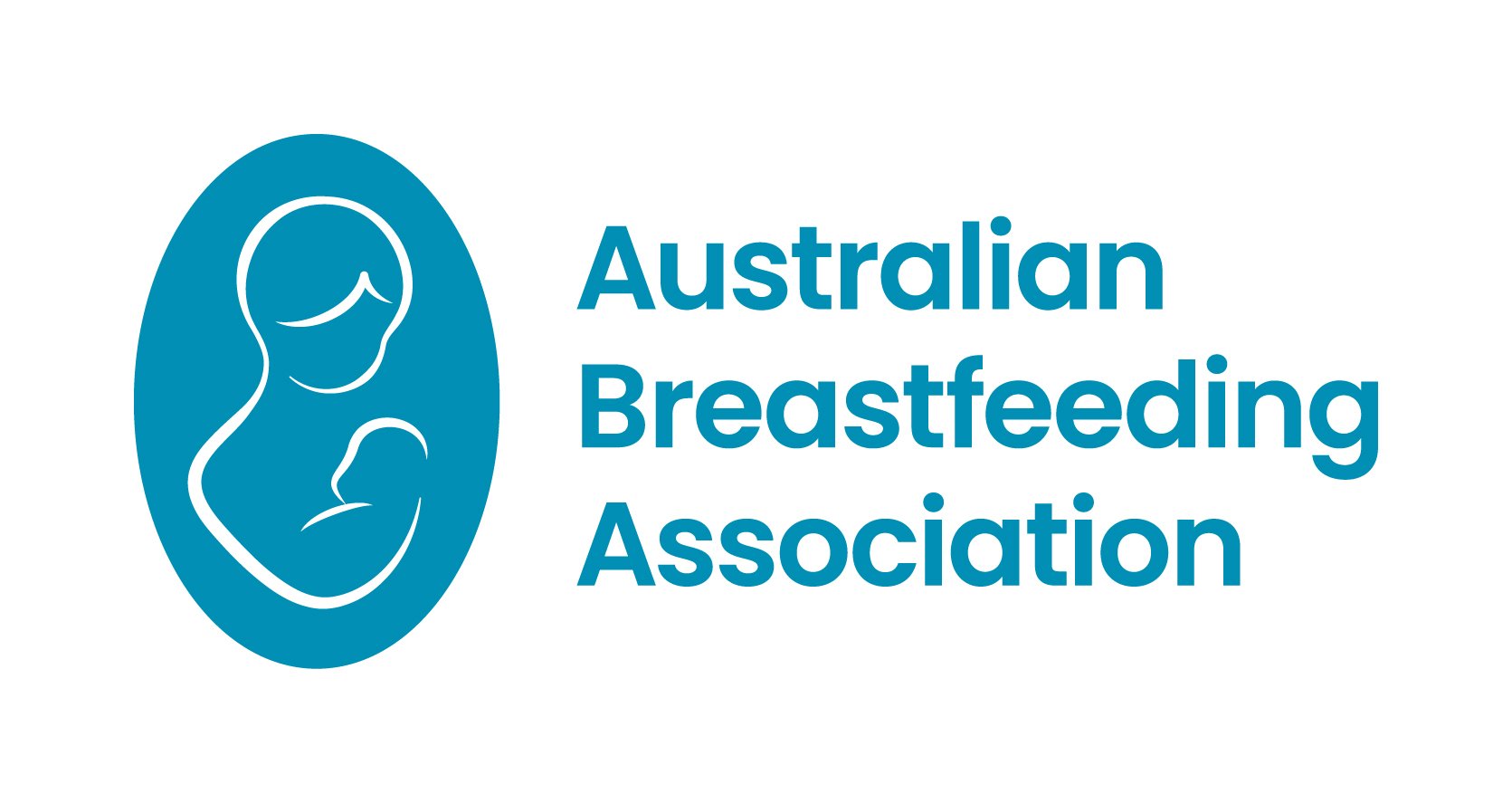Perinatal Mental Health Week and Little Sparklers
Image Credit: Vida Images
Our founder, Carly has jetted down from Mount Isa to join 46 other organisations taking part in this year's Perinatal Mental Health Week. We are proud to be a part of this consortium, because perinatal mental health and wellness is central to all we do, we're here, we get it!
We’re here, we get it
And it is because 'we get it' we need to add voice to our campaign to take in an issue that is contributing to the struggles of families in our community. It is for this reason,
This Perinatal Mental Health week 2022, Little Sparklers in conjunction with the Australian College of Midwives, Australian Breastfeeding Association, Maternity Choices Australia, Maternity Consumer Network, call for the expansion of research and referral pathways for sleep and settling support available to parents seeking help in the perinatal period.
The perinatal period can be an exhausting time. As a result, many parents are driven to seek help with their infant’s sleep and settling arrangements. Caregivers, primarily mothers, turn to early parenting services for support over sleep concerns, while often also struggling with their own mental wellbeing.
They come to current services at a time of vulnerability and dire need. Yet much of the time, the interventions offered are misaligned, or do not truly address the challenges faced by both caregiver AND infant; many families fall through the cracks in the current fragmented health system.
Families frequently report to Little Sparklers that considering either a family’s parenting values, cultural beliefs, personal circumstances, the temperament of their baby, or un-identified medical issues, current interventions are not right for them. This results in additional distress and isolation for the family.
How did we get here?
First-wave behaviourist approaches to sleep and settling emerged out of the industrial revolution at a time where infant needs were minimised because they interfered with an adult’s work outside of the home. As families also lost their support networks (village) and didn’t have access to proper childcare and paid parental leave, sleep training was introduced. This propagated the notion that babies needed to be independent – a dangerous idea that contemporary research has debunked. Yet the idea that babies can be spoiled with too much nurture has persisted and behavioural focussed intervention methods remain.
But isn’t that all in the past?
While some approaches have been adjusted over time, most interventions are still based on the belief that for everyone to get healthy sleep, parents need to train away dependent sleep behaviours (such as feeding to sleep, rocking, contact, etc). Behavioural modification based on extinction methods form the basis of most current approaches currently funded through our public and private maternal and child health systems including the most common approach, termed Responsive Settling.
When a family is unable to follow the approaches offered to them in today’s health system, they are labelled as ‘non-compliant’ or ‘disengaged’. However, direct reports of consumer lived experience show families are still in desperate need of support.
Here lies the unrelenting opportunity
Alternative options to current sleep interventions must be recognised priorities for research and become available referral pathways for families.
What can you do?
Let us all call on change-makers to use the growing neuroscience research to support approaches that promote nurturing- day and night in the First 1000 days and explore the evidence beyond the behaviourist sleep and settling models which have typically been offered.
Examples of nurturing approaches include:
Little Sparklers: Its free peer support program, The Beyond Sleep Training Project, provides promising qualitative evidence that alternative sleep and settling options can improve family well-being using a flexible, individually tailored approach.
Possums and Co: Supports health professionals to develop skills and knowledge through Neuro Developmental Care (NDC) accreditation so they can support families in their practice
Sleep, Baby and You: A model adapted by Professor Helen Ball’s Durham University team based on the principles of the Possums approach.
Holistic Sleep Coaching: the work of Lyndsey Hookway helps deepen the capacity of existing services to serve families in ways that are appropriate and respectful to the infant’s biology, family circumstances and culture.
Dr Greer Kirshenbaum is a Canadian Neuroscientist and doula who is working to increase the knowledge of the role of nurture in the optimal brain development of our infants in their First 1000 days and beyond.
Nurturing approaches also honour the rich wisdom of many First Nations cultures around the world including Aboriginal and Torres Strait Islander peoples who have always valued nurturing parenting practices including infant carrying, breastfeeding and keeping baby close, day and night.
Families need to be informed, have choices, and feel empowered to exercise those choices.
Right now, most families have only two real options when accessing funded early parenting support services in Australia: to follow the sleep and settling interventions based on first wave behaviourism, or to go it alone.
These offerings are not based on a comprehensive assessment of current evidence and consideration of the emerging neuroscience that impacts an infant’s long-term development.
Babies have unique temperaments and needs. Families are diverse and unique. To believe that one intervention approach is sufficient for universal care of all Australian infants is naïve at best.
Little Sparklers is an organisation with its boots firmly on the ground supporting the many families who began their parenting journey following existing sleep and settling pathways. We have seen the devastating impact when these families have struggled to fit the expectations created by current responsive settling approaches and sleep training culture. Caregivers are left believing they are inadequate or weak for ‘failing’. They worry about their child’s wellbeing because they are told the infant will not grow or develop properly if they can’t sleep a certain way, for certain time periods. These perceptions deepen feelings of anxiety, depression, and social isolation.
We don’t need to leave it this way. Children and families deserve better. Our membership of over 172,000 families is a strong indication that families want alternate approaches. Babies deserve to be understood and to have their basic needs met and valued to grow and thrive. And families deserve the support they need.
We call for action on five fronts:
Research should be funded to explore early parenting support that aligns with the emerging neuroscience, as alternatives to the dominant interventions currently on offer.
Neuroscience informed services through education and professional development for health professional and support staff.
Referral options that give families the choice to select an option that aligns with their needs and values.
Timely and comprehensive assessment for health and developmental concerns.
Impartial evaluations of existing interventions which investigate short and long-term outcomes, ideally at multiple time points to better understand family experiences of disengagement and ‘non-compliance’ with current offerings.
What can we do right now?
If a family is not a good fit for current services, we ask that the family are referred to:
1. The Little Sparklers program, The Beyond Sleep Training Project, to investigate and assess whether ‘free to family’ peer support may be an option
and
2. A local Possums NDC accredited practitioner to assess and investigate other perspectives that may better serve the family in a professional setting
or
3. local practitioners skilled in offering alternative supports for sleep that align with the needs and values of that family.
Finding the best fit may involve a combination of these options.
Ultimately, families deserve to feel supported and have options that meet their needs and values, especially as babies are unique individuals who will not follow a one-size-fits-all approach. This approach increases perceptions of social support, reduces feelings of isolation and increases self-efficacy.
Let’s all work together to improve the perinatal mental health of families in Australia.
Sincerely,
Carly Grubb
Little Sparklers
Founder and Managing Director
Co-signed by:
Professor Jeanine Young AM
University of the Sunshine Coast
Board Director, Little Sparklers
More than 2200 people who have signed our change.org petition to show their support for this change





